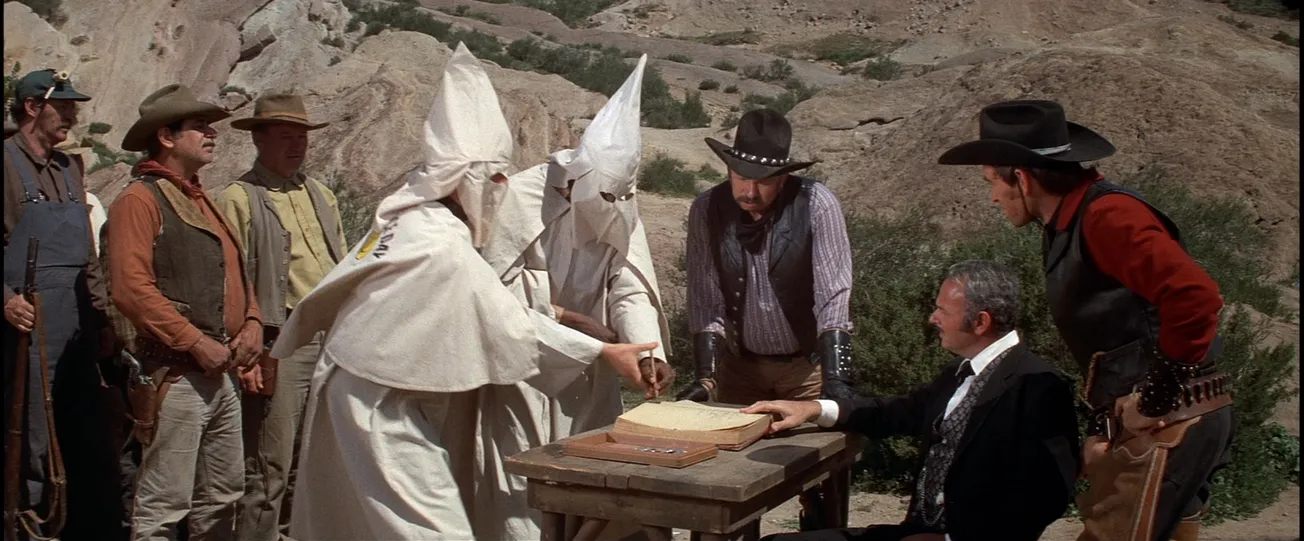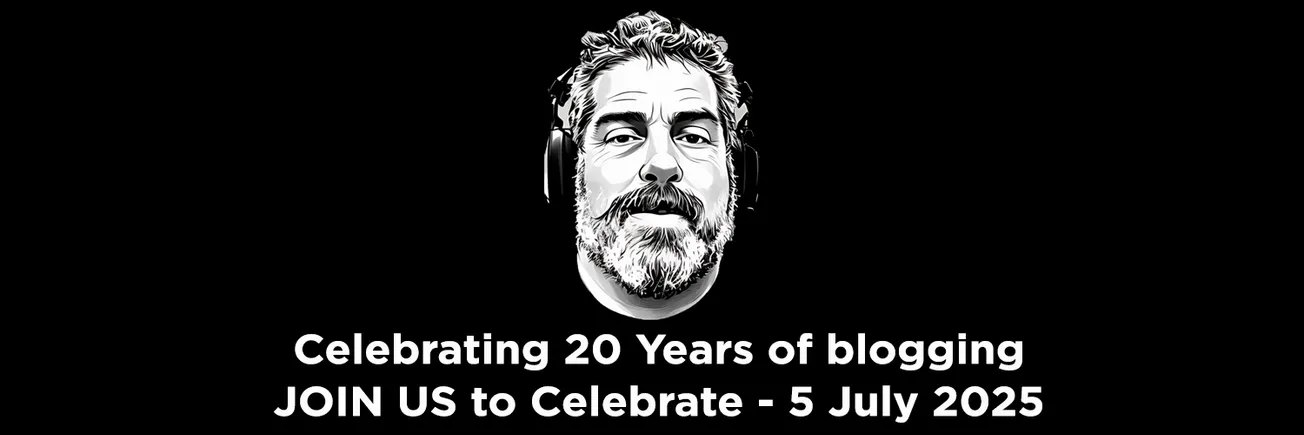Table of Contents
Jerry Seinfeld won’t do college gigs. Chris Rock excoriates millennials. Mel Brooks admits that he could never get Blazing Saddles made today.
Today’s youngsters are possibly the most humourless generation since the Puritans scolded Obediah Hauthorne for his scandalous habit of smiling on the Sabbath. Which is no surprise, really: they’re also ruthless conformists – and, as Orwell said, every joke is a tiny revolution. Political correctness is a culture of weaponised offence-taking.
In the age of social media, people always seem to find something to be offended about. Hiding behind their keyboards, social media offers the public a platform to do what they can to challenge, berate and ridicule the offender. Sometimes, it goes well beyond to something much worse.
By way of illustration: a social media friend recently posted a joke that someone had been sending them roses with all the heads cut off: “I think I have a stalker”. Not the funniest joke ever, perhaps, but so many people were actually “offended” that she ended up deleting the post and apologising.
That’s why Can We Take A Joke? comes at a good time. It offers an examination of ‘outrage culture’ through the POV of stand-up comedy, featuring key players like Gilbert Gottfried, Penn Jillette, Lisa Lampanelli, and Adam Carolla.
Collectively, the comedians agree on one thing: most of society is losing its ability to take a joke.
It could have been worse for my social media friend. Justine Sacco had a successful career and almost her whole life destroyed, just because of one, possibly mildly “offensive”, joke on Twitter.
Comedians’ jokes have resulted in everything from death threats to being arrested for what they said, raising concerns over the right to free speech. “Free speech is extremely important because, me being a Jew, I don’t want to have to pay for speech,” jokes Gilbert Gottfried in the film’s trailer.
Yet for all their conviction that they’re “on the right side of history”, social media “outrage” mobs are actually accomplishing almost nothing.
If you’re so passionately ‘offended’ by something you see, lashing out at the world for it isn’t accomplishing much. You’re not changing anything by crusading around in anger.
Try using that passion and channeling it into something constructive or positive. Stop being ‘offended’ and start being ‘interested’ in things. You’ll find you’ll accomplish a lot more that way.
More importantly, humour, even (or especially) “offensive” humour serves an important psychological function, especially dark humour. It’s no coincidence that occupations uniquely exposed to the worst psychological stresses, such as police or military, tend to the blackest humour imaginable. Black humour is even linked to high intelligence.
With so many horrible things happening in the world, sometimes it’s refreshing to find humour in otherwise depressing situations. Often, it can be the only way to deal with grief. If we start to dissect everything through a politically correct or incredibly sensitive lens, we quickly become an intellectual shadow of ourselves…It’s a creative form of expression, emotion and communication, which makes it something everyone is going to have a unique perspective on. But a world with creativity and freedom of expression is always going to be better than one where we censor everything that might risk offending someone. Some of the most beautiful and historically significant things have been born of ideas that walked the line of ‘offensive’ at the time.
notablelife
To quote the great Marty McFly: Lighten up, jerk!






